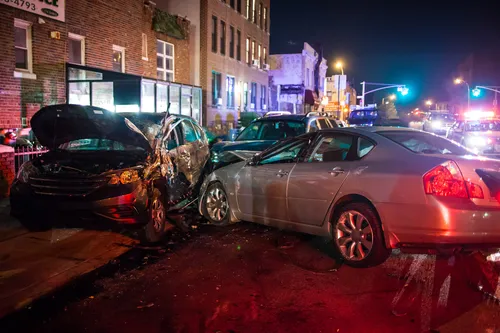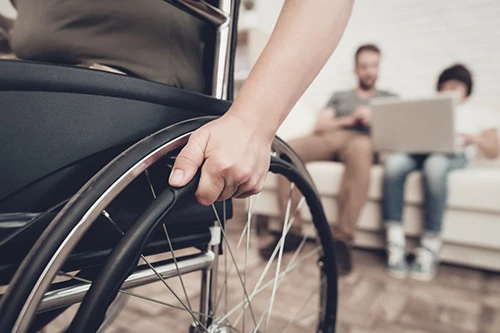On June 12, 2016, Omar Mateen attacked club patrons inside Pulse nightclub, resulting in the deaths of 49 people. Over 50 others were wounded in the terrorist strike known as the Orlando Nightclub Shooting. This attack became one of the deadliest mass shootings in modern US history. The losses were tragic; families crumbled. Questions of liability rose, and people questioned the security of the nightclub.
Was the owner liable for the crime committed on their premises?
In Florida, business owners have a legal obligation to keep those who are on the premises safe. If security is to be found negligent, the owner can be held liable for damages.
To this day, it remains uncertain that Pulse owner Barbara Poma could be held liable. After all, the terrorist attack was intentional and Poma claimed that she wasn’t aware that Pulse was Mateen’s intended target.
In fact, according to the Orlando Sentinel, an FBI expert described how Mateen typed in “downtown Orlando nightclub” on his phone and discovered Pulse. To this day, there is no exact evidence that Mateen knew Pulse was an LGBT-friendly club.
However, there were allegations that Mateen had been to Pulse before.
Additionally, what about the gear he carried? He entered the nightclub at around 2:00 a.m., meaning he was able to slip in with a 9mm Glock 17 handgun and a Sauer SIG MCX semi-automatic rifle, two weapons used in the shooting.
Lawsuits regarding security negligence have recently risen, stating that more could have been done. More bodyguards and security guards should have been hired. The bodyguards could have done a thorough pat down, since the weapons are bulky enough to be detectable. Metal detectors could have also been implemented.
Overall, it is fairly likely that Poma could be held liable for the damages due to negligent security.
As unfortunate as it may be, similar tragedies could occur in the future, and if you are a business owner, you need to protect your clients from harm. To do so, you can:
1. Add physical security measures.
Implementing tighter security measures, such as video surveillance, would help protect employees and customers, as they would help discourage criminal activity and provide extra security. After installing video surveillance equipment, you should explain to the staff their responsibilities in upholding privacy obligations of the company. Furthermore, ensure that these cameras are clearly visible at every entrance.
Additionally, test your emergency exits every day and consider installing metal detectors at the entrance(s).
2. Hire appropriate guards and staff.
Who you hire is important. Ensure that everyone passes background checks and any drug tests and is able to handle situations effectively. When considering bodyguards, you should hire both negotiators, who are able to mediate peace, and enforcers, who are able to handle situations with force if necessary. Keep in mind that the use of force is a high-risk when involving liability, so clear written policies should be developed. Staff members who speak multiple languages should also be considered.
3. Establish a safety plan.
A safety plan must be distributed to employees in case of incidents, otherwise, confusion may occur during the incident. The emergency plan should detail what steps to take in the event of a shooting, fire, robbery, or other similar occurrences.
4. Train your employees.
Training, as well as documentation of the training, is an absolute must for your employees. Training documentation would certainly help limit liability, as you can prove what you have done (e.g., what topics you have covered) to train the employees. Train your employees on the policies regarding contacting the police, fair warnings, usage of force, and ejecting patrons.

